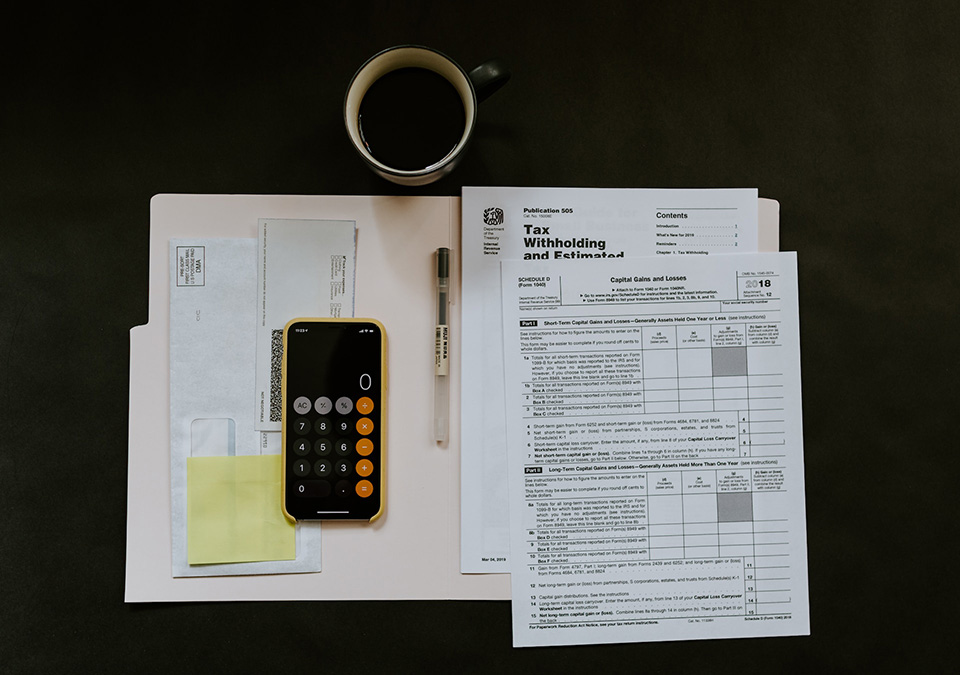How To Find The Right Student Accommodation For You
Sorting out your accommodation for higher education can be a daunting task! Here is some useful information to ease your move to London...
Whether they are in their first or third year, finding somewhere to live will be at the top of many student to-do lists.
The majority of students will look to live somewhere local to their place of study, either as part of a house share or halls of residence style accommodation.
At ICMP, we offer a series of house hunting events where we invite trusted local estate agents and hall of residence providers to meet with students. Local housing advice organisations will be on hand to provide more insight and guidance to help students find the best place for them to live. We also have an online house hunting groups to help students connect with those also looking to find the right home for them.
Alongside these resources, here are some top tips on how students can find the right accommodation to help them make the most of their time at university.
You can visit our Accommodation Hub for more details.
- Determine your budget
- Read all the contract information from the landlord or estate agent
- Remember you’ll need to pay bills
- Check what else is included in your accommodation
- Do your research
- Make sure the location works for you
- Secure your deposit
- Plan your move
Check your university website for information
We want to make sure you can access as many details as you need to make an informed decision about the best property for you and will do what we can to help you find somewhere suitable to call home.
Determine your budget

Work out how much money you have available to spend on accommodation each month, and factor in other costs such as utilities, internet, and transportation.
Read all the contract information from the landlord or estate agent
If you’re renting for the first time, then you must remember to read everything in a contract.
It might seem boring and sometimes complicated but it is worth taking your time and digesting all the contract information provided."
In the long run, this will include all the details around how much you need to pay each month, the deposit alongside what bills you need to pay. Consider the length of the lease, the deposit required, and the consequences of breaking the lease. Reading this thoroughly can help you save money.
Remember you’ll need to pay bills
If you’re living in a halls of residence style property, then chances are your bills might be included in the amount of money you need to pay each month.
However, if you’re in shared private accommodation then you will have to read the contract and work out what you’re being asked to pay for. Alongside standard bills such as gas and electric, you should invest in contents insurance and a TV licence.
You might also need to spend extra money on faster internet if you and your housemates are all heavy internet users.
Check what else is included in your accommodation
Check what kind of essentials you need to bring with you to your new home. You might need a kettle, toaster, cutlery and plates - but it’s possible that these will be provided in any shared areas. So double-check what is featured - doing so could potentially reduce your outgoings before arriving.
Do your research

Look online and do as much research into potential properties and areas as possible. Research the various accommodation options available to you, including university-owned halls, private rented apartments or houses, and homestays.
Ask friends or any friends of friends who might be at your university. Go through listings on the web and take virtual tours if you’re unable to see them in person.
ICMP offers a Facebook House Hunting group where students post about available rooms and house-shares. If you do find somewhere, then ask for references from previous tenants or other students who have lived in the accommodation before.
You can also use Unipol’s National Codes to find out your area’s best accommodation options. Unipol checks a lot of details that impact what they decide is worth investing in so always check on there too.
Make sure the location works for you
This should be a part of your research but remember to find somewhere within a sensible location - so ultimately, easy to get to and from university.
Consider the distance to grocery stores, public transportation, and entertainment options."
There’s no point in signing up for somewhere cheap that is miles from where you need to study. Look out for proximity to your college as well as good local amenities and transport links.
Secure your deposit
Before you move in, you will need to pay a deposit to secure your room. Then this will be returned to you when you move out and after any damages or repairs to your room have been accounted for.
You should do what you can to protect this deposit by following the Money.co.uk advice. The more you respect your room and new home, the more money you should be able to leave with.
Plan your move
Plan your move-in ahead of time, and make sure you have everything you need to move in smoothly. Make a checklist of necessary items such as bedding, towels, kitchen utensils, and cleaning supplies.
Got a question? Just drop us a line...
Our friendly Admissions team remain on hand to give you all the support you need and answer any questions you might have. You can access them via email enquiries@icmp.ac.uk by phone +44 (0)20 7328 0222 or through our LiveChat below.
Email us
Our friendly Admissions team remain on hand to give you all the support you need and answer any questions you might have. You can access them via email enquiries@icmp.ac.uk by phone +44 (0)20 7328 0222 or through our LiveChat below.




